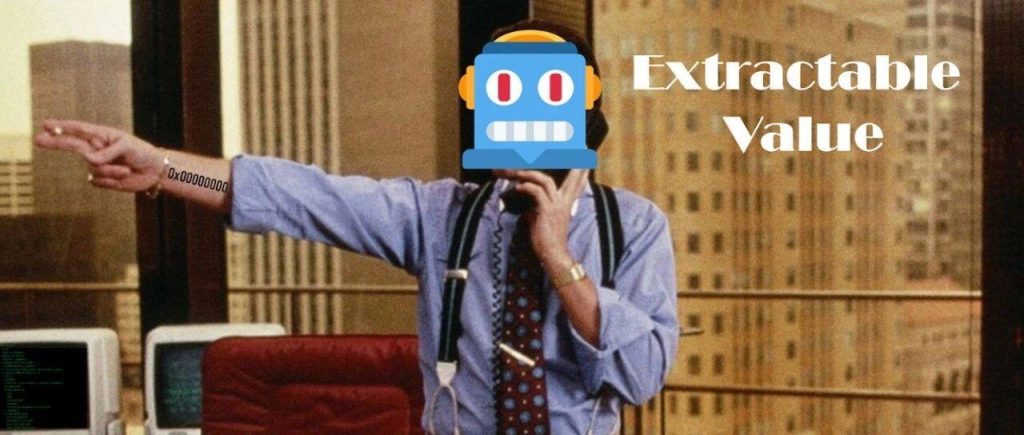This is a topic as old as cryptocurrency itself. At every AMA session I do, I inevitably get asked this question.
It’s also a topic I often think about and have shared my views on more than once, such as in my 2019 blog post (attached at the end of this article).
Three years have passed, and my views have hardly changed, but the added time has given me the opportunity to add new depth and dimensions to my thinking on this important topic.
Essentially, I believe that the first thing to understand is that decentralization is not binary, nor is it one-dimensional. Decentralization has many aspects. Each aspect is a gradient scale, not a simple black and white.
It’s also crucial to remember that decentralization is a means to an end, not the end itself. The goal is freedom, security, and ease of use.
Many people may disagree with the above. I will explain why.
What is decentralization?
You may hear people say “not your private key, not your coins.” These people often define decentralization as holding their own private keys. In this regard, TrustWallet (a Binance portfolio company) is decentralized. Binance.com is centralized. This is a good point.
You may hear people say “too few nodes or validators, so you are centralized.” While the lower the number, the more centralized the blockchain indeed is, there is no absolute number that everyone agrees on as a benchmark. It’s a gradient scale.
You may hear people say “Bitcoin mining is too centralized because the top 2 or 3 mining pools control over 51% of the hash value.” This is also true and is often used by proponents of POS blockchains as a counter-argument.
You may hear people say “Ethereum is centralized because Vitalik can significantly affect its direction.” This makes sense. Blockchains with clearly associated founders have this downside. Bitcoin is more decentralized in this regard.
In defense of Ethereum, it has also been forked several times.
BNB Chain is often associated with me (CZ), but my involvement in its technical development and its growing ecosystem is much less. Similarly, this is not absolute, but a gradient scale.
You may hear people say “Bitcoin is centralized because a few addresses hold a large amount of coins.” Similarly, this is somewhat true. In this regard, Dogecoin is even worse. A top address holds 30% of the total supply, and the top 20 addresses hold over 50%. Like validators, there is no absolute number that everyone agrees on as a benchmark. It’s a gradient scale.
I could go on, but I hope you see that there are many different aspects of decentralization. It is often contextual and nuanced, and I hope you begin to see the binary nature of the initial debate.
Why decentralize?
Because we don’t want a few centralized entities to have unlimited power over us, to charge us high fees, to control how we spend our post-tax money, etc. We want to give power, control, and freedom to the people.
People want the freedom to transact securely, easily, and at low cost.
Decentralization is a means to achieve the above goals, and it takes time, collaboration, and trust among different groups.
Furthermore, we are part of such a young industry that we are building the future every day, and
Great leaps are not necessarily going to produce the best results. What we do must be synchronized with the rest of the ecosystem.
For example, with today’s tools, most people cannot ensure the security of their own wallets. The details of this are beyond the scope of this article, but it goes without saying that we must overcome several obstacles to make this decentralized future a reality.
Between decentralization and the possibility of losing your cryptocurrency, or using a centralized service to keep your cryptocurrency safe, most people still choose to use centralized exchanges today. This is why centralized exchanges are more popular today. Centralized exchanges provide users with a gradual step to access cryptocurrency and can serve as a bridge between centralized and decentralized systems.
Conclusion
Having said all that. I/we are strong supporters of decentralization. At Binance, we believe in taking gradual steps and providing users with a choice of all available tools. Binance has made significant investments in the development of CEX and DeFi solutions, and we will continue to advocate for a future where freedom and security can go hand in hand.
Below is Zhao Changpeng’s view on centralization and decentralization in 2019:
Centralization and decentralization are a common topic in our field, and I am still often asked this question. Here is my view.
Far more important than being centralized or decentralized are: security, ease of use, and freedom.
We should be relatively confident that our money is safe; that we won’t suddenly lose all our money, and that we can have a great deal of freedom to use it as we wish. And by easy to use, I mean that it doesn’t involve a lot













